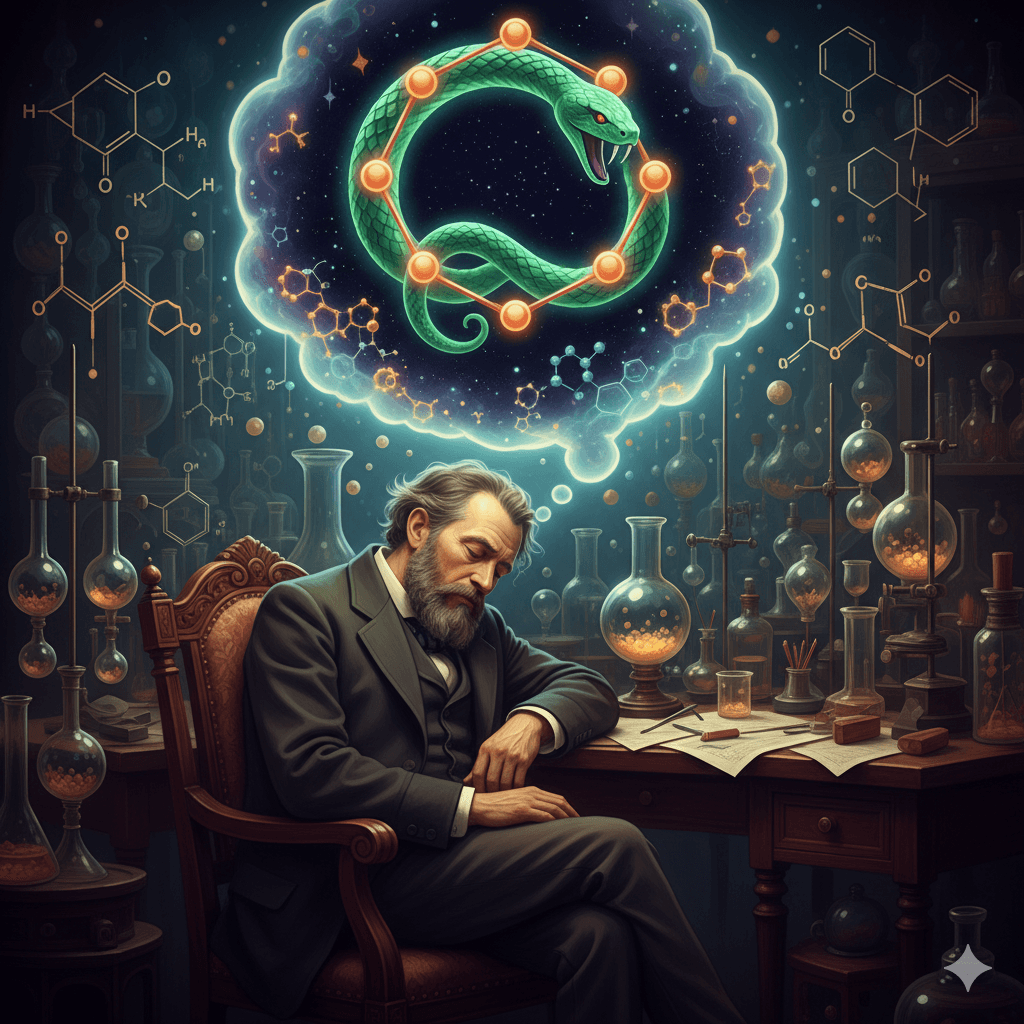The Fantastic World of Dreams
Have you ever woken up from a dream feeling like you've just returned from an epic adventure, a heartwarming reunion, or a fantastic unknown world? Dreams are the nightly movies of our minds, a captivating realm where the impossible becomes possible, logic takes a vacation, and our deepest desires and fears play out in vibrant, often surreal, narratives. From soaring through the sky to a glimpse of the future, this mysterious world opens up every time we close our eyes, offering a glimpse into the boundless creativity of our subconscious. It's a universe of infinite possibilities, and one that has fascinated humanity for millennia.

The Science Behind Dreams
While the experience of dreaming often feels ethereal and mysterious, science has begun to shed light on its underlying mechanisms. Dreams primarily occur during the Rapid Eye Movement (REM) stage of sleep, a period characterized by increased brain activity, similar to wakefulness. During REM sleep, our brains are busy consolidating memories, processing emotions, and even learning new skills. Neurotransmitters like acetylcholine play a significant role in triggering REM sleep, while others, like serotonin and norepinephrine, are significantly reduced, which might explain the often bizarre and illogical nature of dreams.
Scientists hypothesize that dreams serve several crucial functions. One prominent theory, the “activation-synthesis hypothesis" suggests that dreams are the brain's attempt to make sense of random neural signals generated during sleep. Another perspective posits that dreams are a way for our brains to process and integrate emotional experiences from our waking lives, helping us to regulate our moods and cope with stress. Furthermore, some research indicates that dreaming plays a vital role in creativity and problem-solving, allowing our minds to explore new connections and solutions outside the constraints of conscious thought.
Solutions Found in Slumber
It's not uncommon for people to wake up with a brilliant idea or a solution to a nagging problem that seemed insurmountable the night before. History is rife with examples of individuals who found answers in their dreams.
Consider the renowned chemist August Kekulé, who struggled for years to determine the structure of benzene. One evening, he famously dreamt of a snake eating its own tail, forming a ring – a revelation that led him to the correct cyclical structure of the benzene molecule.

Similarly, the inventor Elias Howe struggled with the design of his sewing machine needle. In a dream, he was captured by cannibals who carried spears with holes near their tips, inspiring him to place the eye of the needle at the point, revolutionizing the sewing machine industry. These anecdotes highlight how the unfettered creativity of the dreaming mind can bypass conscious roadblocks and unlock innovative solutions.
Dreams That Seem to Foretell the Future
The idea of prophetic dreams has captivated humanity for centuries, and while scientific evidence remains elusive, there are compelling accounts that continue to fuel the mystery. One of the most famous and well-documented cases involves Abraham Lincoln. Just days before his assassination in 1865, Lincoln reportedly told his friend and bodyguard, Ward Hill Lamon, about a disturbing dream he had experienced. In the dream, he heard sobbing coming from the East Room of the White House. When he asked who had died, a soldier replied, The President. He was killed by an assassin.” Lincoln recounted this dream in vivid detail, and tragically, it proved to be a chilling premonition of his own demise.
While skeptics might attribute such instances to coincidence, selective memory, or the brain's ability to draw connections from subtle cues, the power of these stories to resonate with our collective fascination with dreams is undeniable. They remind us that the world of dreams, even with scientific advancements, continues to hold an element of profound wonder and unexplained phenomena.

Embracing the Mystery
Dreams remain one of the most enigmatic aspects of the human experience. Despite modern advancements in neuroscience and psychology, they continue to captivate our imagination and curiosity. Whether you see dreams as mere neurological discharges or portals to deeper insights, there's no denying their fantastic nature. Each night, we embark on a unique journey, a testament to the incredible complexity and creativity of the human mind. So, the next time you drift off to sleep, remember the extraordinary world that awaits you.
